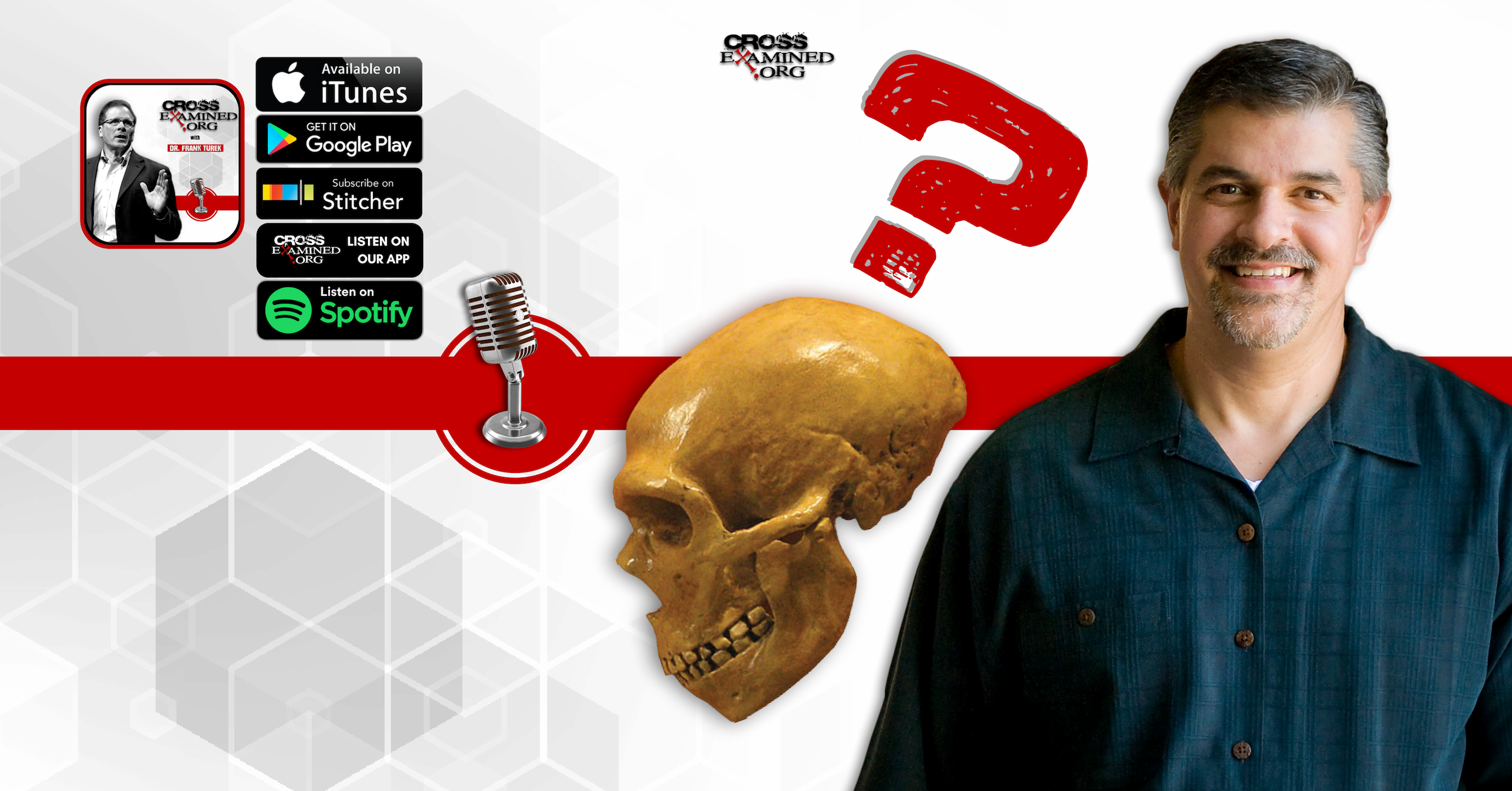Is There Meaning To Life?
Introduction
An interesting TED Talk came across my Facebook feed a few weeks ago. The talk focused on finding meaning in life. More and more people are discovering that pursuing happiness is leading them nowhere. They discover that every time they think that something obtainable or achievable will make them happy, once that has been obtained or achieved, that happiness lasts only for a short time. Then a discovery is made of something else that is greater than what they originally thought would make them happy, and they pursue that. This process repeats numerous times until they reach the top, then they realize that there is nothing left, yet they still feel unfulfilled. This TED Talk attempts to address that problem by positing that instead of pursuing happiness, people should pursue meaning. Here is a link to the talk, and I highly recommend that you watch it in full before continuing with this post: There’s more to life than being happy- Emily Esfahani Smith.
On The Surface
The speaker recognizes the problems that the pursuit of happiness brings: unhappiness, unfulfillment, depression, and suicidal tendencies. The offered solution gives hope to those who are depressed and tired of the pursuit of happiness. From a pragmatic perspective of survival, this talk was quite encouraging and invigorating. However, regardless of the survival advantage that it provides if one believes the claims, if the claims in the talk do not reflect reality (are not true), then the person who believes them has traded the truth for a lie in the name of mere survival- a delusion that is evolutionarily necessary to believe if we wish to win the survival game. If the speaker is presenting a delusion, then, for those who value truth and knowledge as well as survival, the talk is truly as useless as the solution it wishes to supplant. So, for the sake of truth, the claims need to be investigated and analyzed at a deeper level.
I would be curious to know the speaker’s philosophical foundations. Her worldview must be able to support her claims. Here are some questions that I’d like to ask of the speaker in the deeper analysis of the solution she offers:
- Do your foundations support your initial conclusion that meaning is better happiness? What objective standard does your worldview feature that would allow such a value judgment?
- How do you conclude that “better” should be a person’s pursuit? Again, what is the objective standard?
- Can your foundations support meaning that is more than mere Nietzschean game invention? What is the objective standard by which to judge whether an invented meaning is either objectively good or objectively evil?
- Do you have a standard to judge what constitutes a better self?
- Ultimately, is there an objective goal or purpose by which to judge progress or regress, better or worse, good or evil?
Meaning: Delusion or Game?
Notice the common term in all the questions is “objective.” People can create standards, but those would be “subjective.” If she does not have objective foundations (such as if she holds to naturalism or some form of atheism), then not only can what she presented not even get off the ground (insinuated in my first question), but what she has presented is nothing more than useful fictions or invented games with the existential survival advantage of the person not committing suicide for one more day. Such an “advantage” is not true meaning but rather an evolutionary delusion or Nietzschean game that keeps the person perpetually hanging on to life by a brittle thread (click or tap the links for more on those two options). If meaning is merely a delusion (regardless of its source, really) or a game, it should be rejected.
We all long for meaning, but if our worldview cannot ground or fulfill that desire, then either our worldview must be rejected, or our desire must be rejected.
This means that either we must reject the idea that our lives can have true meaning, or reject the worldviews that necessarily imply that our lives do not have true meaning. Yet, we know that our lives have true meaning, so that leaves us to reject all worldviews that are incompatible with our lives possessing true meaning. These worldviews should be rejected in favor of a worldview that does provide philosophical foundations for meaning, morality, and purpose. Interestingly enough, the speaker almost assumes that her audience agrees with her that their lives can have true meaning, so that would logically lead to necessarily rejecting naturalism and atheism (which she may very well reject but just never mentioned).
Meaning Puts Worldviews to the Test
Now, if we refuse to give up our desire for meaning, what worldview are we to believe that does provide such philosophical foundations and objective standards? Since both naturalism and atheism must be rejected, that leaves some form of theism. But not just any form of theism will do. The only ones available must also have foundations to support the intrinsic value and meaning of the individual and their life (some forms of theism actually do deny the intrinsic value of humans, so they must be discarded, as well). The Judeo-Christian doctrine of the Image of God provides the foundation for humans possessing intrinsic value in these theistic systems. But which one is to be accepted: Judaism or Christianity?
If we go back to the pursuit of happiness and look at all the dark roads that numerous people have gone down throughout history, including ourselves at different times in our lives, we realize the pain and suffering that we have caused others in our selfish pursuits of happiness. We realize that we have violated others’ intrinsic worth to placate our desires, and we know deep down, especially the older we get and the harder we try, that no amount of good that we do in this world will be able to repay the evil we are guilty of committing for our own selfish, hedonistic gains. In seeking to repay the moral debt, we seek justice for those we have wronged. In seeking justice, we are seeking forgiveness and even redemption. But with the realization that we cannot repay the moral debt, we see that finding justice and obtaining forgiveness and redemption are not possible. In this, we have unmet desires for happiness, meaning, and purpose. Forgiveness, justice, and redemption are not just inseparable from each other, they are inseparable from the pursuits of happiness, meaning, and purpose. If it is not possible to right our wrongs (achieve justice), then attaining forgiveness is equally impossible. Thus it is impossible to fulfill our desires for justice, forgiveness, and ultimately, meaning.
What, Then? Conclusion
It is only at the Cross of Jesus Christ that justice, forgiveness, and redemption converge and, for everyone who accepts the gift, is provided. Jesus said, “Come to me all you who are weary and burdened, and I will give you rest.” That last part is an invitation to those who have searched for justice, forgiveness, redemption, happiness, purpose, and meaning yet have discovered and accepted the futility of their endeavor. But how do we know that Jesus wasn’t just blowing smoke on that invitation? How can we know that He can fulfill those desires? We can know this because He conquered death and injustice by coming back to life after being unjustly executed on a Roman cross. And we do not have to believe this blindly; all the historical evidence points squarely to the reality of this supernatural event in history. To those in search of meaning: You have been given the subjective evidence of your own desires for meaning, justice, and forgiveness and the objective evidence of the Resurrection. Jesus Christ is alive, and He is calling you to live a meaningful and fulfilling life in Him. In your search of meaning, you can either believe an evolutionary delusion, invent a Nietzschean game, or follow the evidence where it leads. Which option will you choose?
Original Blog Source: http://bit.ly/2LkWbWR












Leave a Reply
Want to join the discussion?Feel free to contribute!